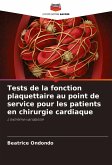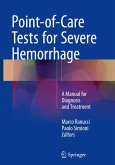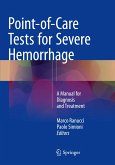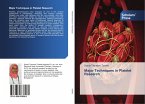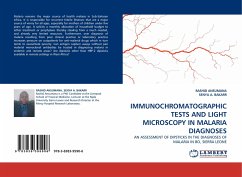Platelets play a pivotal role in coagulation, and both quantitative and qualitative platelet defects can lead to major bleeding during and after surgery. Moreover, patients with cardiac disease are often on antiplatelet therapies, which predisposes to increased risk of perioperative bleeding due to inhibited platelet function. Often, antiplatelet therapy is interrupted briefly before scheduled cardiac surgery to reduce the risk of haemorrhage, but this can cause perioperative thrombosis. Furthermore, individual patients respond differently to antiplatelet therapy. Therefore, point-of-care tests that determine platelet function could provide improved, personalised evidence-based treatment and management of such high-risk cardiac patients. This book summarises the various methods and devices used for testing platelet function at point-of-care in cardiac patients on antiplatelet therapy who were undergoing cardiac surgery. It confirms the advantages of point-of-care testing for the timely management of these patients, but also highlights an extreme variability and lack of correlation among these point-of-care platelet function assays, which may prohibit large-scale implementation.
Bitte wählen Sie Ihr Anliegen aus.
Rechnungen
Retourenschein anfordern
Bestellstatus
Storno


